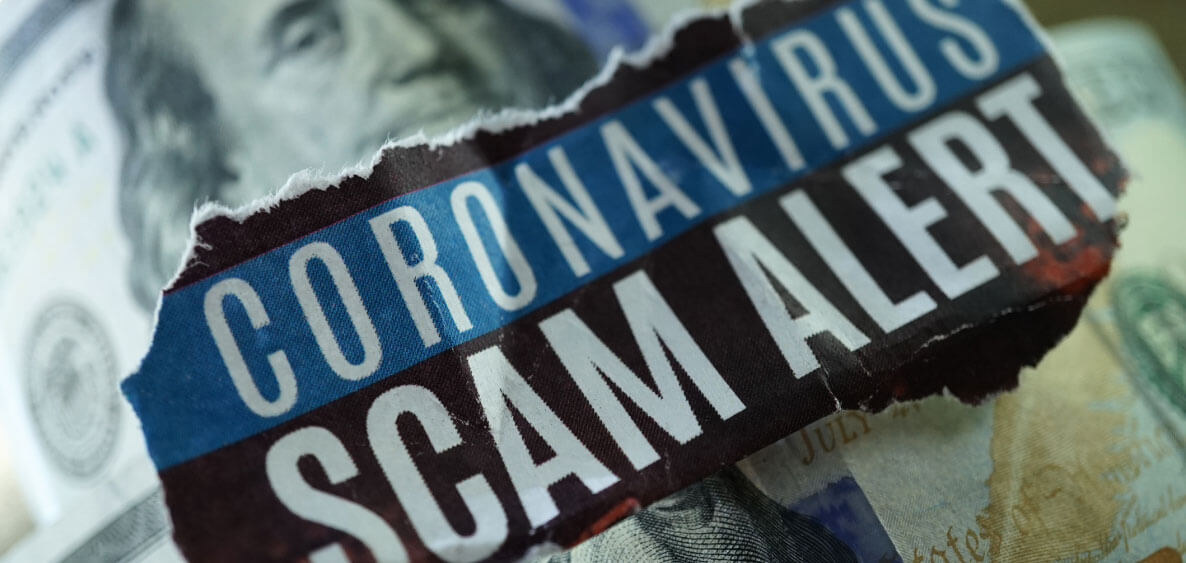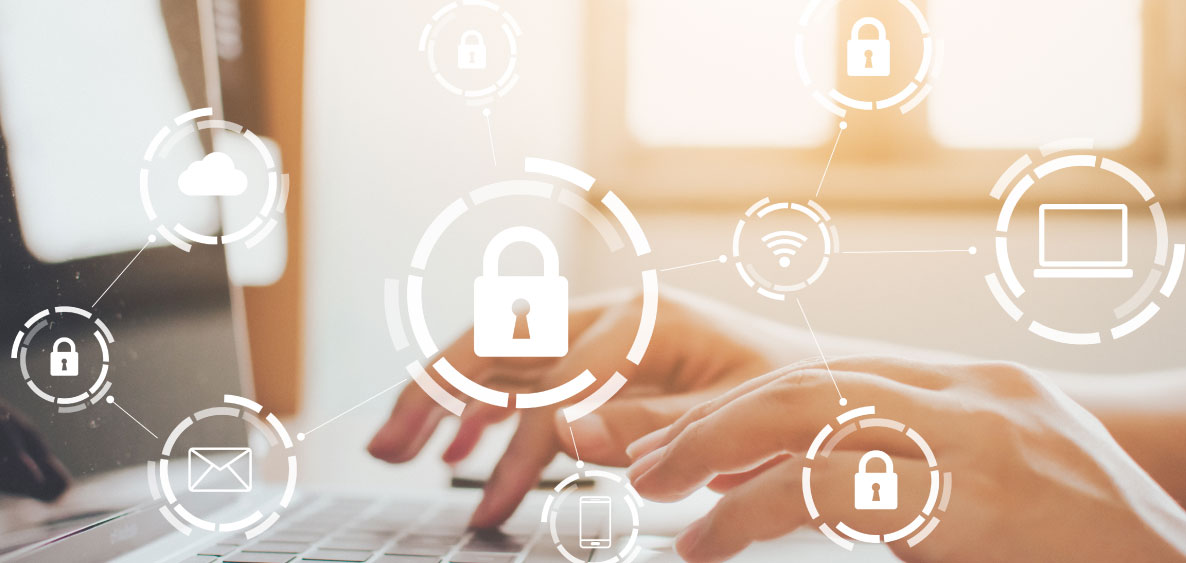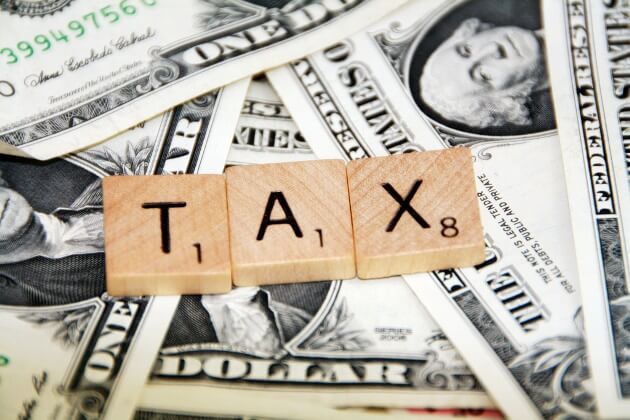
Financial well-being March 27, 2020 By
Scammers and cyber criminals see this time of vulnerability as an opportunity to take advantage of people. Before you click on an email, answer a phone call, make a donation, or seek assistance, please make sure you fact-check all information to ensure it is from a reputable source and not a form of phishing.
What is Phishing?
According to phishing.org, “Phishing is a cyber crime in which a target or targets are contacted by email, telephone or text message by someone posing as a legitimate institution to lure individuals into providing sensitive data such as personally identifiable information, banking and credit card details, and passwords. The information is then used to access important accounts and can result in identity theft and financial loss.”
Here are some tips to help you stay safe from phishing and other Coronavirus scams and cyber crimes:
Beware of all suspicious emails, links, online offers, online sellers, etc.
- Scammers and cyber criminals are creating fake websites and phishing emails to trick the readers. Through these avenues, they are hoping to steal personal information from your computer, record your keystrokes, etc.
- Do not click on any links unless you are 100% sure that the source is reputable. If you are not sure, don’t click on it. Instead, delete the email, close the pop-up window or browser, and visit websites you know to be safe such as the Food & Drug Administration website or Federal Trade Commission website.
- Thieves are using fear tactics and creating emails that look like they are from the CDC or WHO, offering things like vaccinations or home testing kits (that don’t currently exist), or offering “great deals” on household items that are limited for purchasing (toilet paper, cleaning supplies, etc).
- For more tips to help you stay safe online, check out this article titled “Coronavirus Phishing Emails” by the Norton Anti-Virus and Anti-Malware Software company.
Be careful who you are answering calls and texts from
- “Phishers” can also use phone calls or “robocalls” or text messages to gather your personal information. If you choose to answer a call from an unknown number, please use caution.
- Most reputable businesses, government agencies, etc. will not ask for your personal or account information, passwords, or PIN numbers through phone, text, or email.
- If the call seems suspicious, hang up immediately.
- Never share any personal information, do not click on any buttons or links, or reply to any messages if you aren’t sure.
- You can also do a “Google” search of phone numbers to see if they are legitimate businesses or possible scams.
Do your research on any and all donations
Right now, there are many organizations needing help and thoughtful people who are trying to help by giving donations. Again, if you choose to donate, do not click on any suspicious links or give your financial information via phone if you aren’t sure of the source. If you receive a request for cash, gift cards, money via wire, etc. this is usually a red flag for a scam.
Ensure you are seeking or receiving assistance from the proper places
Unfortunately there are many individuals and businesses that are needing to seek assistance to keep their bills paid and finances on track. Thieves are also using this to their advantage by reaching out with fake offers and promotions. If you are an individual or family needing to seek unemployment or other assistance, visit https://www.usa.gov/unemployment for more information. If you are searching for help on behalf of a business, visit the Small Business Administration website to help you find local assistance.
What more can we do to protect ourselves and our businesses?
The American Bankers Association recently shared an article “Tips to Avoid Coronavirus Scams and Protect Your Money.” This article identifies the most common scams and offers 10 tips to protect you from becoming the victim. One way we can stop further scams and cybercrimes from happening is by reporting them. In this article, the ABA recommends that we visit the FBI's Internet Crime Complaint Center at www.ic3.gov to report suspected or confirmed scams.
To fact check or find any information you need in regards to health and safety, travel and transportation, money and taxes, education, scams and fraud, benefits and grants, businesses, etc. please visit https://www.usa.gov/coronavirus.




